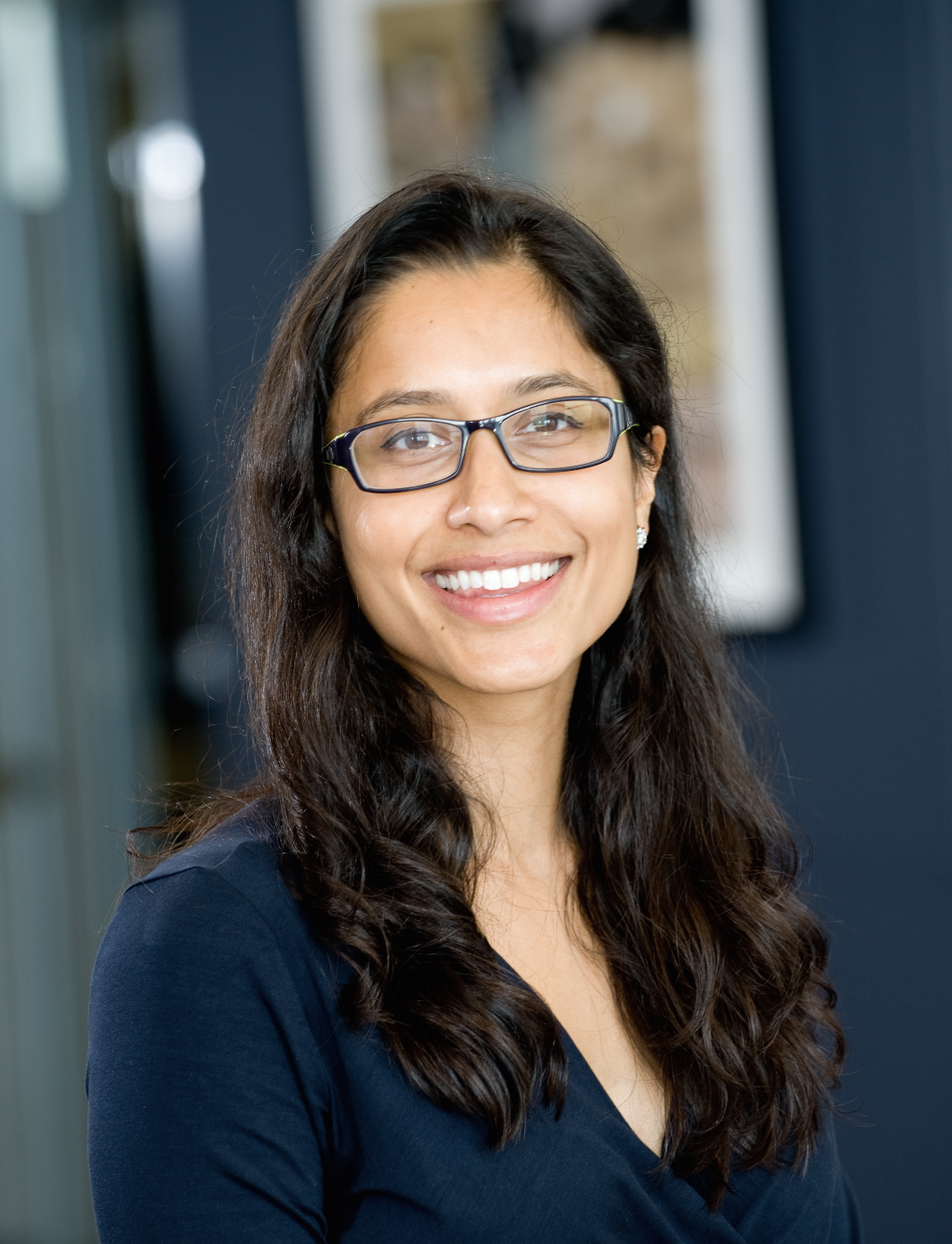Shruti Jayaraman
Chief Investments Officer
Chicago Beyond
Shruti Jayaraman is Chief Investments Officer at Chicago Beyond, a funder that invests in organizations, people and ideas so that all young people and community members are free to live full lives. Beyond funding, our team works hand in hand with investments to deploy an array of resources. We have noticed that through this approach, rooted in humanness and mutual learning, what is possible grows.
Chicago Beyond has invested in holistic healing since our founding, ranging from collaboration with the city’s school system serving 350,000 young people and the adults around them, to creating meaningful spaces to bring together children and their incarcerated parents, to telling one’s story through art to heal, to community birth centers nationally, and more. Chicago Beyond’s guidebook Why Am I Always Being Researched? has been used in all 50 states in the U.S. and more than 90 countries to shift practices around evidence in the social sector. In Healing-Centered Funding for Systems Change published in Stanford Social Innovation Review, Shruti describes Chicago Beyond’s approach.
Shruti holds a J.D. from the Yale Law School and an A.B. in History and Science from Harvard College. She is grateful for ancient wisdom and wellbeing practices, which have changed the course of her life.
More from Shruti Jayaraman:
Healing-Centered Funding for Systems Change: A path for founders to take a systems view, do less harm, and have greater impact.
There is growing imperative for healing, from governments, social change leaders, and certainly among philanthropies funding social good. The urgency feels sharper as so many people are experiencing physical or mental suffering or trauma of some kind. However, in spite of resources expended, those of us making funding decisions may not be having the impact we intend, and might be missing the impact that is possible. This is because we are not seeing the whole picture. Specifically, we are working from frames that limit our view, and from processes that, even once we expand our perspective, limit our capacity to act. This piece guides funders to widen our frame and offers seven practical process shifts to increase funders’ capacity to take a systems view, do less harm, and have deeper impact.
Those of us moving resources towards social impact have many different strategies, approaches, and institutional cultures. But at the root, much of the work intends for individuals to thrive, and for systems to support, rather than harm. As is often the case, we are capable to produce that which we are. If we as funders seek to do trauma-informed work and heal systems of human interaction, it makes sense that we heal our own.
What is trauma-informed funding? | Chicago Beyond
In this episode of “It’s Not Your Money,” Capital Collaborative Senior Advisor Jessamyn Shams-Lau talks with Chicago Beyond’s Shruti Jayaraman, to discuss trauma-informed funding, how philanthropy can actually be grounded in justice, and the paradox of envisioning equity within an inequitable system.
